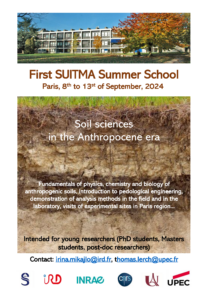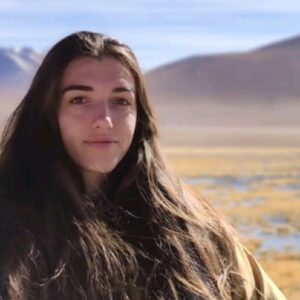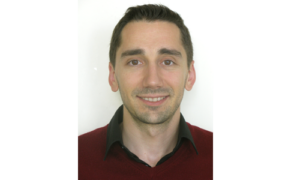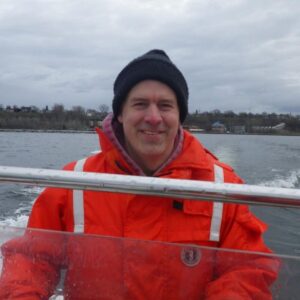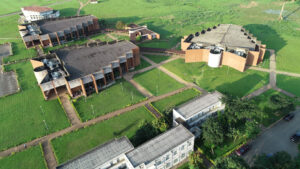
Thesis defense of Léna KLÄY
“Mathematical models of gene drive for population management”
Léna KLÄY, PhD student of Sorbonne University,
Invites you to the defense of her thesis:
« Mathematical models of gene drive for population management»
The jury will be composed of:
- Vincent CALVEZ – Directeur de recherche CNRS, Université de Bretagne Occidentale
- Florence DÉBARRE – Directrice de recherche CNRS, Sorbonne Université
- Léo GIRARDIN – Chargé de recherche CNRS, Université Lyon 1
- Eric MAROIS – Directeur de recherche Inserm, IBMC
- Emmanuelle PORCHER – Professeure MNHN
- Lionel ROQUES – Directeur de recherche INRAE Avignon
- Amandine VÉBER – Directrice de recherche CNRS, Université de Paris
- Élodie VERCKEN – Directrice de recherche INRAE, Instiut Sophia Agrobiotech
The defense will take place on 15/11/2023 at 2:00 p.m.
UFR TEB room, 45-46 1st floor, and on Zoom:
https://zoom.us/j/92868020398
Abstract: Artificial gene drive is a genetic engineering technology that could be used for the control of natural populations. Gene drive alleles bias their own transmission and can therefore spread in a population within a relatively small number of generations, even if they are deleterious. Understanding the potential outcomes of this technology, including the modification and/or the eradication of a natural population, is essential before real-world applications are considered. In this PhD thesis, I study the spatial spread of gene drive alleles through modelling and more specifically, I focus on the following questions: i) will the drive alleles spread? ii) at which speed? iii) how will the density and/or the genetic composition of the population be affected over time? And iv) is there a possibility to spatially confine this spread? In a first part, I use a deterministic approach to study the influence of demography over the first three questions. Among other results, I mathematically demonstrate how the intrinsic growth rate can make the difference between a drive invasion (large values) and the decay of the drive allele uniformly in space leaving only wild-type individuals in the environment (small values). In a second part, I generalise the results I previously obtained by taking into account several other biological assumptions on population dynamics. I show how an Allee effect might help eradicate or reduce the density of the targeted population. In a context of resources rarefaction, I also show how a logistic density-dependence increasing the death rate instead of decreasing the birth rate might accelerate the drive invasion. In a third part, I explore stochastic dynamics when the population size gets small. In particular, I study wild-type recolonising events (chasing events) that might prevent the eradication of the population by the drive. I demonstrate that chasing dynamics are very unlikely for a large enough carrying capacity and a small enough drive fitness cost. In a fourth part, I investigate necessary conditions for a drive underdominant construct to spread inside a targeted area but fail to spread outside. I demonstrate how this strategy is inefficient to spatially confine the drive in continuous environments, and how this result can also be extended to discrete environments with close enough spatial sites. Overall this thesis contributes to develop a clear understanding of the spatial spread of artificial gene drive and assess several modelling choices to provide more relevant insights on real-world dynamics.
Key-word: Gene drive, mathematical models, population dynamics, traveling waves.
